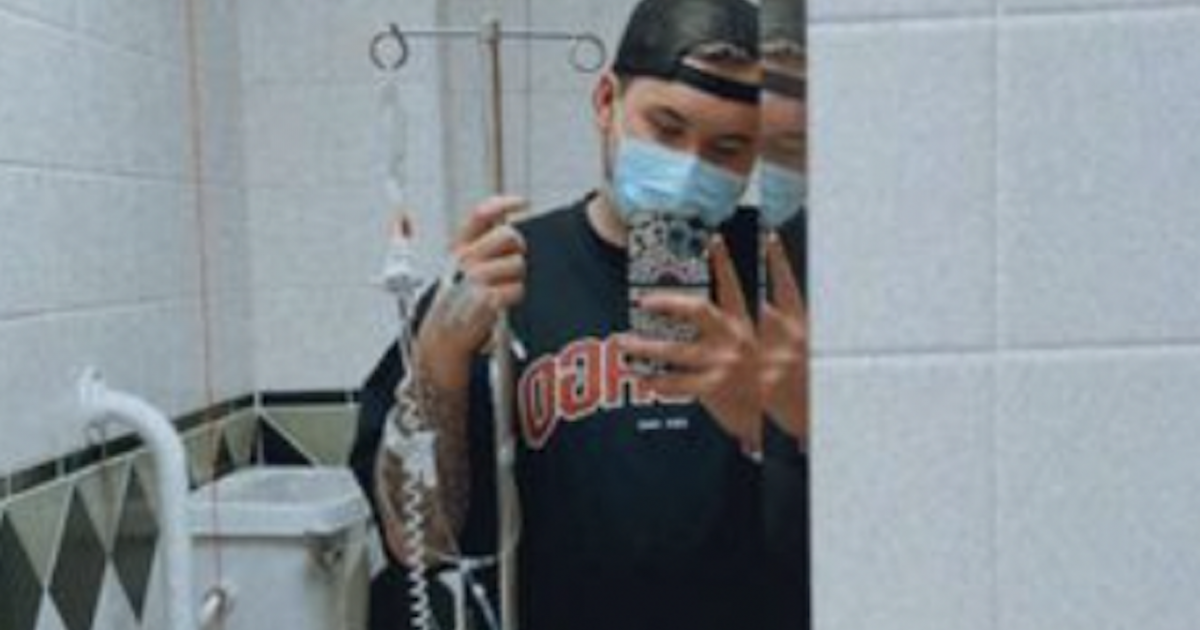Young Man Battling Melanoma After Tanning Bed Use
- A 23-year-old in the UK is battling stage 3 melanoma, a rare and deadly skin cancer, after he began using tanning beds at 16.
- Ninety percent of melanomas are caused by ultraviolet radiation from the sun. Tanning bed use can also lead to melanoma.
- Protect your skin by wearing sunscreen, avoiding tanning beds, and getting regular skin checks.
The Swansea native was diagnosed with melanoma last year. Howell would sometimes spend up to 100 minutes per week in tanning sessions. He says we wanted to “follow the crowd” when his friends started using them.
Read MoreUnderstanding Melanoma
Ninety percent of melanomas are caused by ultraviolet radiation from the sun. That means you're at risk if you spend excessive amounts of time in the suneven as a child. If you ever got scalding sunburns or were a fan of tanning salons, it's important to get your skin checked.Dr. Anna Pavlick, an oncologist at Weill Cornell Medicine, says melanomas are the deadliest type of skin cancer because they have a tendency to spread to other parts of the body.
Most of her patients are those "who have had scalding sunburns as children, patients who have had excessive sun exposure, patients who go to tanning salons because they thought that having a tan was the healthy thing to do."
Melanomas can occur, however, in areas that are not sun-exposed, such as the sinuses, the back of the eye, the anal/rectal area, and also in areas of your body that were just not exposed to sun.
The Sun is Not Your Friend Most Melanomas are Caused by Sun Exposure
How to Protect Your Skin From Cancer
Dr. Dendy Engelman, a board-certified dermatologic surgeon and associate at Manhattan Dermatology and Cosmetic Surgery, previously told SurvivorNet that protecting your skin is easy with these simple steps:
- Sun avoidance during peak hours: This means from 10 a.m. to 2 p.m. It doesn't mean you should never go outside during the middle of the day, but make sure you're protected when you go outdoors.
- Cover your skin and eyes: Wearing a wide brim hat or sunglasses will protect your face, the top of your head, your ears and the delicate skin around your eyes.
- Wear an SPF of 30 or higher: Plenty of facial moisturizers have SPF built into them. Dr. Engelman recommends reapplying every few hours, or after excessive sweating or swimming.
- Get an annual skin check: If you happen to notice anything out of the ordinary in between checks (like the signs outlined in this article), schedule an appointment to talk to your doctor as soon as possible.
- No-go to tanning beds: Tanning beds can significantly increase your risk of developing melanoma. If you feel like you're just too pale, Dr. Engelman recommends a sunless tanner.
Top 5 Ways to Protect Your Skin From Skin Cancer
Learn more about SurvivorNet's rigorous medical review process.


